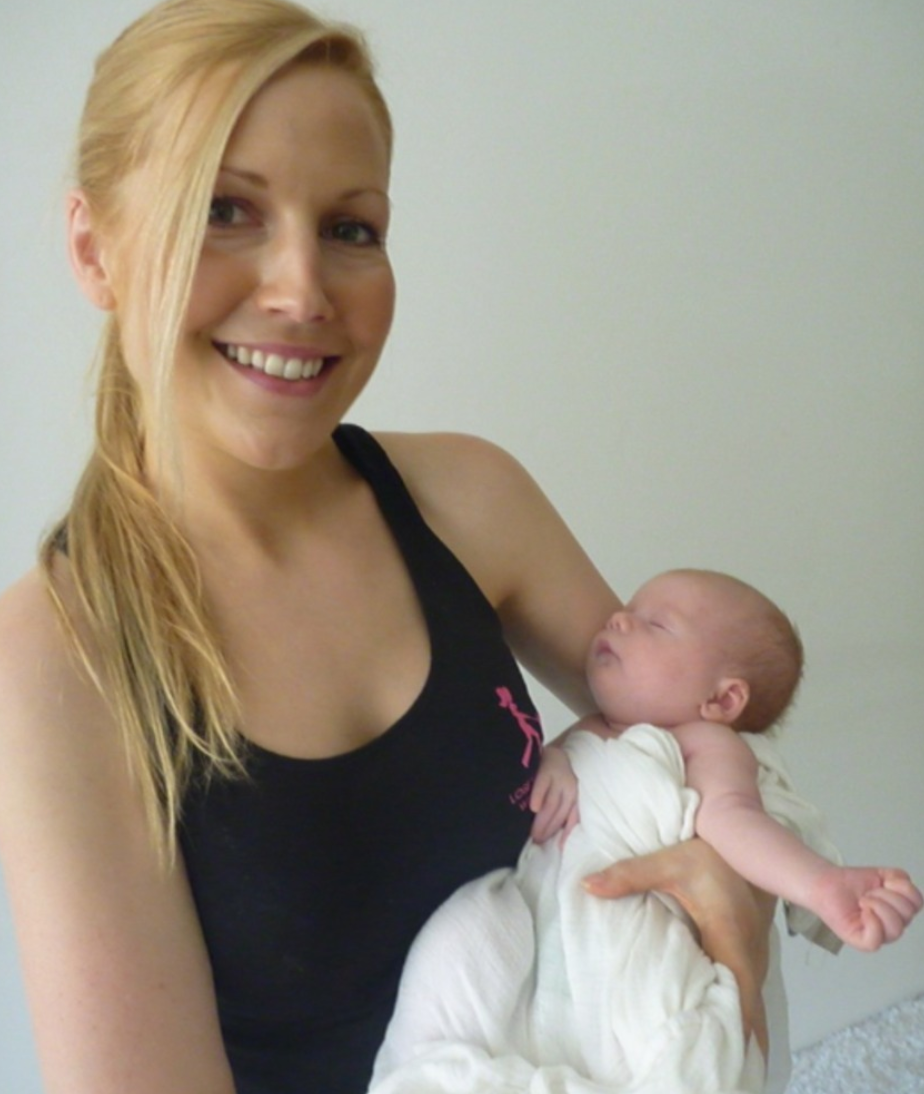
Breastfeeding and weight loss - how to do it safely
If you’re breastfeeding your baby and want to lose weight, the good news is that it’s entirely possible to do so in a way that keeps you healthy and ensures your baby gets all the nutrients they need.
At Zing Wellbeing, we believe breastfeeding and weight loss can go hand in hand, which is why have meal plans and recipes are tailored to support breastfeeding mums.

The key is to approach weight loss in a healthy and sustainable way, without feeling pressure or rushing into it. It’s all about starting when you feel physically and emotionally ready, whether that’s weeks, months, or even longer after giving birth.
We also offer holistic health programs covering stress, mindset, fitness and sleep - as well as nutrition and meal plans
Healthy Eating While Breastfeeding
If you’re ready to begin your weight loss journey while breastfeeding, it’s important to follow a safe, balanced diet.
A breastfeeding-friendly eating plan, like those offered at Zing Wellbeing, focuses on wholesome meals, light exercise, and avoiding extreme measures like cutting out entire food groups or using weight-loss accelerants.
Here are the basics of a breastfeeding-safe diet:
- Increase Your Calories: Breastfeeding burns approximately 500 extra calories per day, so you’ll need to add these to your daily intake to support milk production. This can be done by incorporating additional snacks or increasing portion sizes of your meals.
- Choose Nutrient-Dense Foods: Include a mix of lean proteins, whole grains, healthy fats, and fresh fruits and vegetables to nourish both you and your baby.
- Avoid Extreme Diets: Skip restrictive plans that over emphasise one food group or eliminate others entirely—balance is essential for your health and your milk supply.

Breastfeeding and Burning Calories
Breastfeeding is a natural calorie-burner, especially if you’re exclusively breastfeeding. It can burn around 500 calories daily, which means you may find yourself losing weight without making significant dietary changes.
However, some mums notice their appetite increases while breastfeeding, especially when dealing with sleep deprivation. Eating healthy snacks and meals throughout the day can help you stay nourished while supporting gradual weight loss.
Experts recommend aiming for a weight loss of 0.5kg per week, which is safe for breastfeeding mums. By focusing on nutritious foods rather than calorie counting, you’ll naturally support your body in reaching your goals.
Nutritional Needs While Breastfeeding
Breastfeeding places unique demands on your body, so certain nutrients, fluids, and energy levels are particularly important:
- Iodine: Essential for your baby’s brain development, your iodine needs nearly double while breastfeeding. Good sources include seafood, iodized salt, eggs, and dairy. Always consult your doctor before taking supplements.
- Zinc: Important for skin health, immunity, and reproductive health. Found in meats, cereals, and colorful fruits and vegetables.
- Iron: Vital for energy and immune support. Include red meat, chicken, fish, legumes, and leafy greens in your diet. Pair plant-based iron sources with vitamin C-rich foods (like capsicum or broccoli) to boost absorption.
- Water: Staying hydrated is critical while breastfeeding. Aim to drink a glass of water at every meal and during each feeding session.
What to Avoid While Breastfeeding
- Alcohol: Avoid drinking alcohol for the first 4–6 weeks postpartum, and if you do consume it later, wait at least two hours per drink before breastfeeding.
- Caffeine: Stick to a moderate intake of no more than 200mg per day (roughly two cups of coffee).
- Problematic Foods: Some foods may cause discomfort or reactions in your baby, such as milk, broccoli, cabbage, spicy dishes, or excessive caffeine. Monitor your baby’s reactions and consult your doctor if you notice any issues.
P.S our protein powder is organic,zing dairy free and soy free so a great one to use in breastfeeding

Maintaining Your Milk Supply
When it comes to breastfeeding, it’s not weight loss itself that can impact milk supply—it’s how you approach it. Avoid drastic calorie cuts, overly restrictive diets, or intense exercise regimens, as these can affect your supply.
Instead, focus on:
- Regular, balanced meals that include protein, carbohydrates, and healthy fats.
- Adequate calories to support both your energy needs and milk production.
- Incorporating lactogenic foods, which are believed to temporarily boost milk supply. These include:
- Oats
- Spinach and carrots
- Chickpeas and lentils
- Brown rice
- Salmon
- Apricots
- Brewer’s yeast
- Flaxseeds
While there’s limited scientific evidence on these foods boosting milk supply, many mums find them helpful.
Sensitive Babies
If your baby has allergies, colic, or digestive issues, certain foods may cause discomfort. It’s best to stick to a simple, balanced diet and consult your doctor for advice. Common culprits include dairy, spicy foods, and caffeine.
The Bottom Line
Breastfeeding and losing weight can coexist, but it’s essential to approach it in a way that prioritises your health and your baby’s well-being. Focus on gradual weight loss, nourishing meals, and plenty of hydration to support both your recovery and milk supply.
Zing Wellbeing is here to guide you every step of the way, offering plans tailored to your needs and a community of mums ready to support you on your journey to health and wellness.

